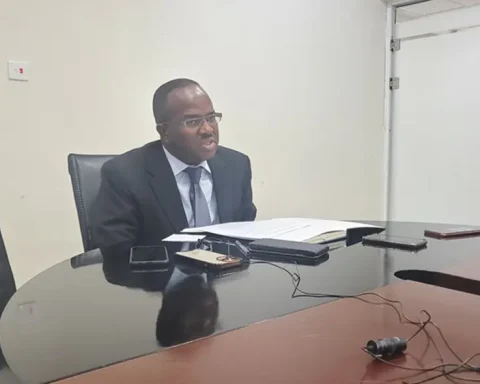Ghana faces potential economic upheaval as the disbursement of World Bank funding hangs in the balance. According to government officials, the delay could have far-reaching consequences for the country's financial stability and development initiatives.
The delay primarily affects several key areas of financial support:
The expected US$300 million financing from the First Ghana Resilient Recovery Development Policy Operation (Budget Support) remains pending parliamentary approval. However, there are concerns that even if approved, the funds may not be disbursed by the Bank.
Negotiations for the Second Ghana Resilient Recovery Development Policy Operation, amounting to US$300 million, and US$250 million to support the Ghana Financial Stability Fund, are at risk of suspension.
Furthermore, ongoing projects with undisbursed amounts totalling US$2.1 billion may face suspension, along with the preparation of pipeline projects worth US$900 million.
In total, Ghana stands to lose US$3.8 billion in World Bank financing over the next five to six years if the situation persists.
The potential loss of such substantial financial resources creates a significant financing gap in Ghana's 2024 budget. Addressing this gap requires either reducing expenditures or increasing domestic revenue mobilization. Failure to do so could undermine the government's ability to achieve its targets and derail the IMF-ECF Programme.
While the IMF programme does not directly hinge on the passage of the pending bill, the principles of the current programme rely on predictable financing from development partners, including the World Bank. Therefore, the non-disbursement of budget support from the Bank could disrupt the IMF programme, triggering market reactions that affect exchange rate stability.
Moreover, a derailed IMF programme could have dire consequences for Ghana's debt restructuring exercise and long-term debt sustainability.
In contrast, the African Development Bank has indicated that the passage of the bill will not adversely affect cooperation with Ghana.
However, there are concerns about possible adverse reactions from Germany and the wider European community. The German government has expressed opposition to the bill, raising the potential for negative repercussions given Germany's strong influence in the European Union and the Official Creditor Committee.
To address these challenges, recommendations include structured engagement with local conservative forces, effective engagement with conservative countries, and deferring assent to the bill until key legal issues are resolved.
The situation underscores the need to fortify local financial systems, strengthen African financial institutions, and advance Ghana's development journey in partnership with other countries. It aligns with the Ghana Beyond Aid Agenda, aiming for a robust, resilient economy with Ghanaian ownership of key economic sectors.









